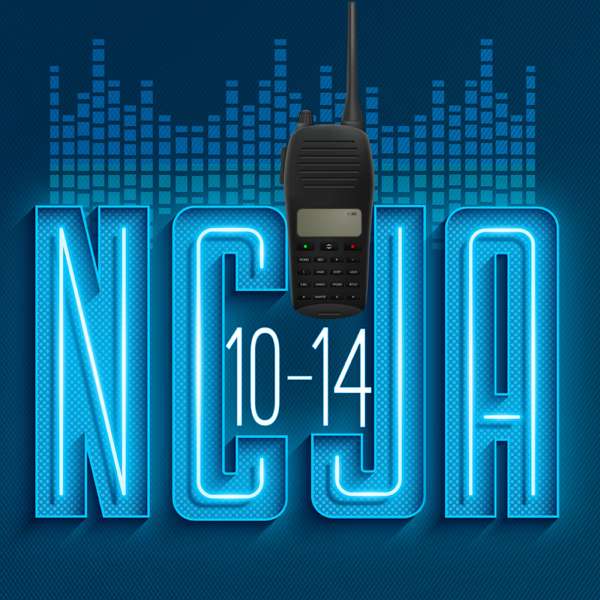Since the 1990s, most cash welfare recipients have been required to get a job or do mandated “work activities” to receive their monthly check. These requirements are intended to help parents who are struggling financially into jobs that will help keep them out of poverty and off government benefits. But is the work requirement system meeting either of those goals?
According to our analysis of data from Wisconsin, an average of nearly 70% of employed welfare participants worked at temp companies. These companies put people to work in other companies, trying to fill temporary jobs where the work is often grueling and the pay low.
Welfare-to-work has been so good for temp agencies that some of them actively lobby for more work requirements for government benefits through campaign contributions and white papers. “It gives us a pool of more people we can help,” said the CEO of one temp company whose franchises have ranked among the top 10 employers of Wisconsin welfare participants. “A person loses self-esteem when they don’t go back to work. Whether it’s voluntary or involuntary work is very important for their psyche.”
On this episode, host Krissy Clark looks at the cozy relationship between for-profit welfare companies and temp companies desperate to put people to work in some of the country’s most precarious jobs. Plus, a frank discussion with an architect of our modern welfare-to-work system, former Wisconsin Gov. Tommy Thompson.
For a deeper dive into the numbers about how private welfare contractors make money and some other eye-popping data, check out the work of our colleagues at APM Research Lab.
Give today to help cover the costs of this rigorous reporting. Every donation makes a difference!

 Our TOPPODCAST Picks
Our TOPPODCAST Picks  Stay Connected
Stay Connected







